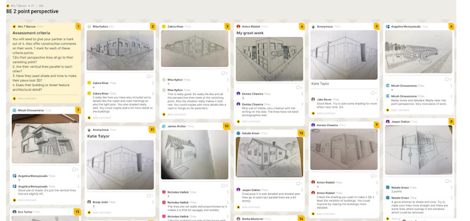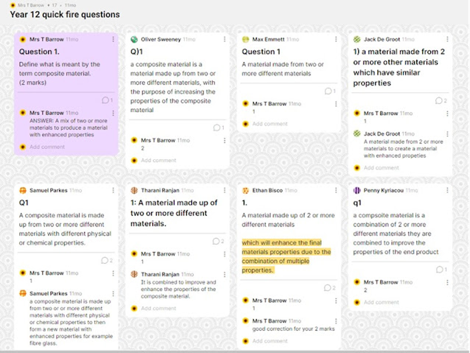by Richard Morton, Sir John Lawes School
Feedback is a critical aspect of teaching, but also a problematic one. Feedback from a teacher allows students to improve their work and learn more, but if done poorly it can instead hold students back, and can also generate unsustainable teacher workloads for no clear benefit. As we hopefully return to a more familiar model of teaching over the next year, I believe this is an opportune time to think carefully about what is important in our feedback to our students, and what is not.
Feedback, as Dylan Wiliam (2011) notes, was originally a term used in engineering to describe information used to modify a system as part of a feedback loop – important for its effect rather than its mere presence. In teaching, feedback is an extremely rich and varied practice that relies heavily on teachers’ expert knowledge of their subjects and students. It refers to information given to students about their performance (EFF, 2018) and if done well this can, as Michael Chiles puts it, “feed forward” to improve students’ learning (Chiles, 2020). This can take many forms – verbal or written, questioning or prompting, planned or spontaneous, specific or general, focussing on the task or on students’ self-regulation, all of which may be the most appropriate for different students in different situations and at different times. There are many interesting debates to be had around timing, focus and specificity, but the fundamental attribute of good feedback is that it makes students think (Kluger & DeNisi, 1996; Wiliam, 2011). This – when it happens – happens mostly in the classroom, so it is there that I believe our focus should be.
It is therefore very unfortunate that feedback, in many schools, seems to have been treated as if it were limited to written marking (EEF, 2021). Written marking itself has very little evidence for its effectiveness (EEF, 2016; Sherrington, 2017) and suffers from some fundamental theoretical limitations such as timeliness, grading effects and accessibility (I have lost hours of teaching time “translating” my own handwriting to well-meaning students!). Of course, with lots of work and careful planning these issues could be overcome – but is it worth it? By far the greatest drawback of written marking is its opportunity cost. Marking class sets of books to a prescribed schedule takes a lot of time. This time could otherwise be spent preparing high quality lessons, including valuable real-time formative assessment with well-planned and targeted feedback that can really make students think and therefore move learning forwards (Fletcher-Wood, 2018; Thom, 2018; Chiles, 2021). There is also a real concern here over teacher workload. One cannot read the DfE’s teacher workload survey report (2019) without realising that workload is a serious problem for the profession (although the 2016 survey results were even worse, raising hope that progress is being made). An average working week of 49.5 hours, with extensive working outside school hours, means that many teachers are missing out on many hours of rest, leisure, sleep or (critically for me, and many others I know) time with young families. If some of this time is being sacrificed for an inefficient, lethally mutated form of feedback that probably doesn’t have much effect, a re-think is urgently needed.
So, if spending hours marking makes both our lives and our teaching worse, why do we do it? It’s not for Ofsted – they don’t expect to see a certain “frequency, type or volume of marking and feedback” (Ofsted, 2021) – although they still appear to have conflated the two. (Perhaps school leaders don’t trust these assurances?) Neither does it fit the evidence regarding what is best for our colleagues or our students. My theory is that it’s because marking stays still long enough to be monitored, unlike so many powerful forms of feedback that happen within lessons, often verbally or between one student and their teacher. Good feedback, like learning itself, is complex, not always predictable and often impossible to reduce to a formula, and therefore forming judgements on the quality of feedback is difficult. Written marking can in some contexts be useful (Butler, 1988; Thom, 2018), however I suspect it has become a proxy measure of feedback, and therefore a victim of Goodhart’s Law. This states that “when a measure becomes a target, it ceases to be a good measure” (Koehrsen, 2018). This principle, originally from economist Charles Goodhart, is well discussed by the scientists Carl Bergstrom and Jevin West (2020) in their excellent book Calling Bullsh*t (named after the popular undergraduate course they teach at Washington University) and describes how measuring a complex system by a simplistic indicator can have unintended negative consequences while also invalidating the data generated.
I do not suggest for a moment that school leaders have deliberately chosen ineffective policies to increase teacher workload – this is an unforeseen consequence of well-intended moves to improve feedback that must have seemed like a good idea at the time. Doubtless, messages from previous Ofsted regimes have also contributed (Harford, 2016). However, by using a weak measure of feedback as our target we have missed many opportunities to enrich the quality of our feedback in lessons, when it really counts. Knowing what I know now, I am aware that as a leader I have made these mistakes myself, while thinking I was doing the right thing and trying to drive improvements. To anyone whose feedback I have judged (whether favourably or not) on the basis of your written marking, I apologise.
So where do we go from here? As we hopefully return to more typical classroom routines, and think carefully about the best ways to help all of our students make good progress after two disrupted years, I plan to make changes to the way I give feedback by focussing on what happens in the classroom. I hope to keep and develop techniques I used during remote learning, such as using technology to help me assess hinge questions and therefore inform the feedback I give on them. I also hope to spend more time planning for high quality feedback opportunities in my lessons (Fletcher-Wood, 2018; Chiles, 2021) and to use written marking only if it justifies taking the time away from such planning. It will still be important to monitor students’ books for both quality and understanding, and from what I have read whole class feedback approaches seem to offer a time-efficient alternative way of achieving this (Sherrington, 2017; Chiles, 2021) which I will be interested to try. Having said that, some of the whole class feedback sheets I have seen online look like they could take almost as much time as marking the books – so I suspect we should beware the lethal mutation here.
Perhaps we should also re-evaluate our metrics for judging feedback. Even the most beautifully marked book can, at best, only tell a small part of the feedback story of that teacher’s classroom. However, accountability is important and supportive professional development is essential. Feedback is complex, and I can think of no simple solution to the problem of measuring the quality of feedback in a school. There probably isn’t a simple one. In fact, if you have a good solution I’d love to hear it. Whatever it is, it will need to focus on what is happening in the classroom, be able to take account of the nuances of a teacher’s practice and the complex issues debated in the literature, and be rooted in respectful and supportive relationships between teachers and leaders and shared understanding of good quality feedback, all without creating excessive workload. The best suggestion I can offer for now is that the more we see our colleagues teach, in a low-pressure way (that bit’s really important), the better we will be able to see their feedback in action.
References
Bergstrom, C. and West, J. (2020) Calling Bullsh*t; The Art of Scepticism in a Data-Driven World Great Britain: Allen Lane
Butler, R. (1988) Enhancing and undermining intrinsic motivation: The effects of task‐involving and ego‐involving evaluation on interest and performance. British Journal of Educational Psychology, 58(1), 1-14
Chiles, M. (2020) The CRAFT of Assessment Woodbridge: John Catt Educational Limited
Chiles, M. (2021) The Feedback Pendulum; A manifesto for enhancing feedback in education Woodbridge: John Catt Educational Limited
Department for Education (2019) Teacher workload survey 2019; Research report (online) Available at https://www.gov.uk/government/publications/teacher-workload-survey-2019 Accessed 28th June 2021
Education Endowment Foundation (2016) A marked improvement? A review of the evidence on written marking (online) Available at https://educationendowmentfoundation.org.uk/evidence-summaries/teaching-learning-toolkit/feedback/ Accessed 5th December 2020
Education Endowment Foundation (2018) Teaching and Learning Toolkit (online) Available at https://educationendowmentfoundation.org.uk/evidence-summaries/teaching-learning-toolkit/feedback/ Accessed 5th December 2020
Education Endowment Foundation (2021) Teacher Feedback to Improve Pupil Learning Guidance Report (online) Available at https://educationendowmentfoundation.org.uk/tools/guidance-reports/ Accessed 21st June 2021
Fletcher-Wood, H. (2018) Responsive Teaching; cognitive science and formative assessment in practice Abingdon: Routledge
Harford, S. (2016) Marking and other myths (online) Available at https://educationinspection.blog.gov.uk/2016/11/28/marking-and-other-myths/ Accessed 30th June 2021
Kluger, A.N. and DeNisi, A. (1996) The effects of feedback interventions on performance: A historical review, a meta-analysis, and a preliminary feedback intervention theory. Psychological bulletin, 119(2), 254
Koehrsen, W. (2018) Unintended Consequences and Goodhart’s Law (online) Available at https://towardsdatascience.com/unintended-consequences-and-goodharts-law-68d60a94705c Accessed 30th June 2021
Ofsted (2021) School Inspection Handbook (online) Available at https://www.gov.uk/government/publications/school-inspection-handbook-eif/school-inspection-handbook Accessed 23rd June 2021
Sherrington, T. (2017) The Learning Rainforest; Great Teaching in Real Classrooms Woodbridge: John Catt Educational Limited
Thom, J. (2018) Slow Teaching; On finding calm, clarity and impact in the classroom Woodbridge: John Catt Educational Limited
Wiliam, D. (2011) Embedded formative assessment Bloomington, IN: Solution Tree Press
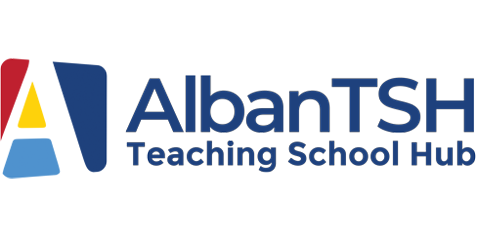


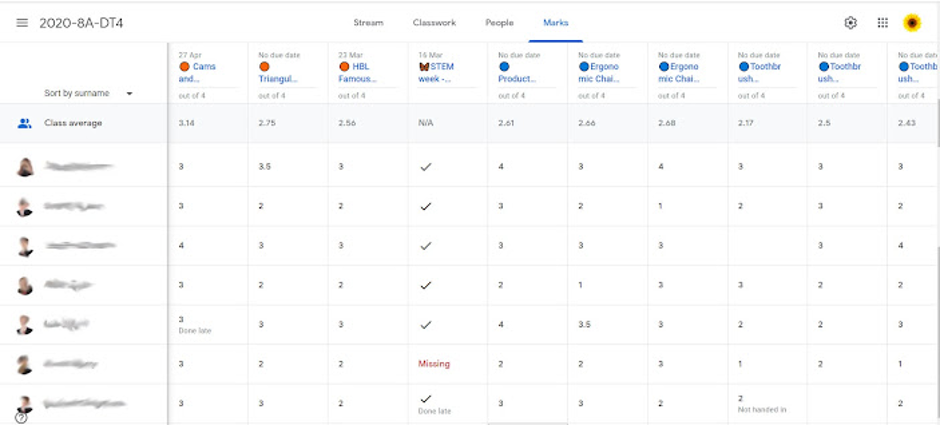
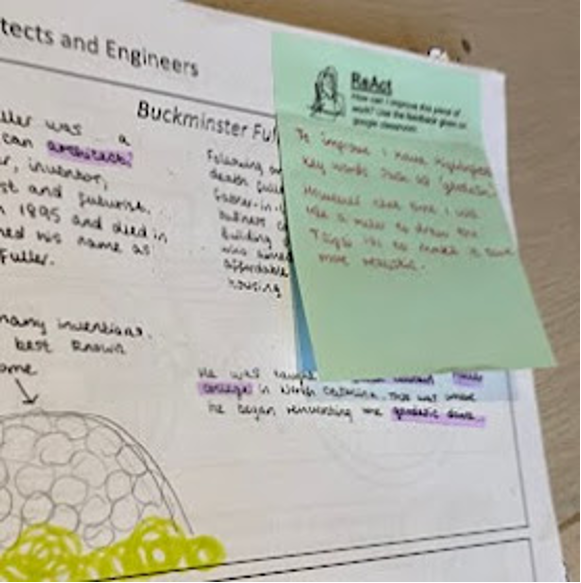

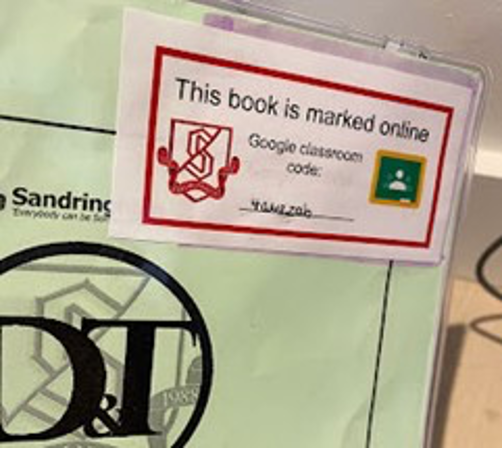 1. An example of a sticker at the front of a book to makesure other visiting educators and parents know why there is no traditional marking in the book and provide them with the google classroom code.
1. An example of a sticker at the front of a book to makesure other visiting educators and parents know why there is no traditional marking in the book and provide them with the google classroom code.
